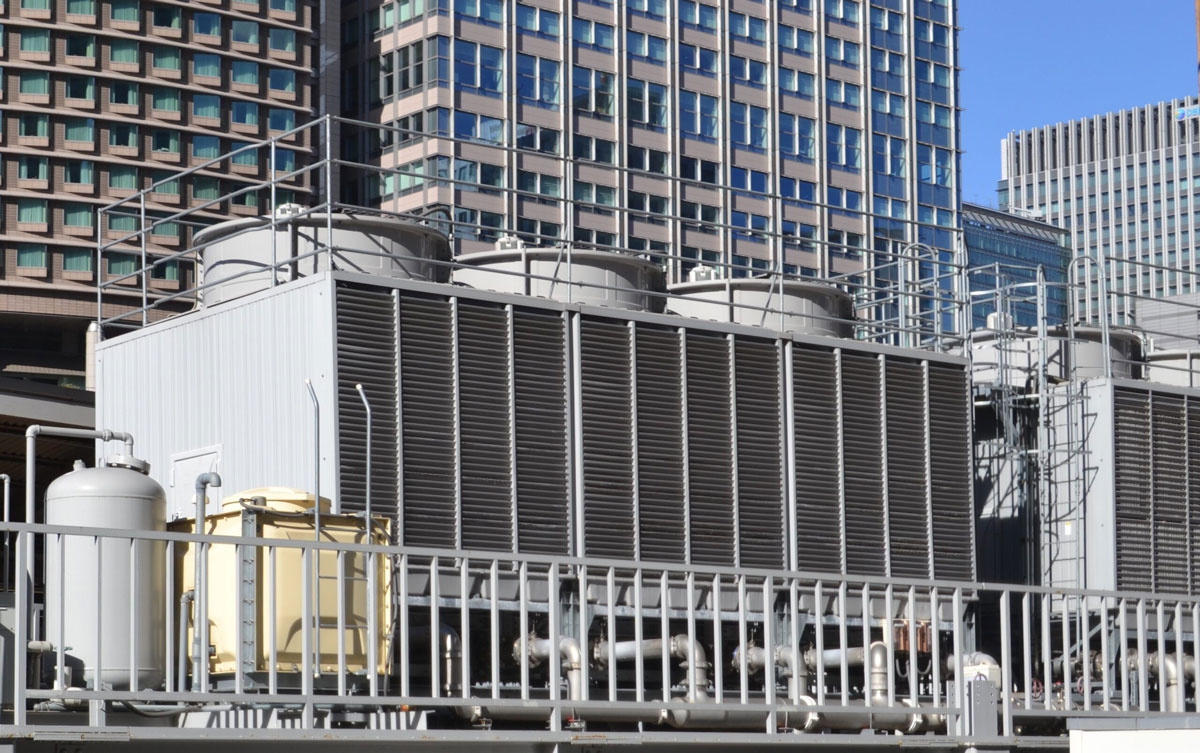Boosting Safety and Compliance with Effective Water Management Planning and Legionella Monitoring
Legionella bacteria is a pathogenic group of gram-negative bacteria that grows naturally in the environment. In freshwater lakes, rivers, and streams, the bacteria is usually harmless to humans.
Things change, however, when Legionella bacteria enters and multiplies within water and plumbing systems, and the contaminated water becomes aerosolized. When legionella is inhaled at high enough levels, the bacteria can enter the lungs and cause one of the two forms of legionellosis, Legionnaires’ disease or Pontiac fever.
To be sure, chemicals get much of the focus from a water safety perspective these days, with plastics, pesticides and per- and polyfluoroalkyl substances (PFAS) at the top of the contaminants lists. But Legionella is still a serious microbiological public health problem when it is not properly monitored or managed. In the U.S., Legionella has become the leading cause of waterborne disease.
Elderly or immunocompromised people have a greater risk of contracting legionellosis, making it especially problematic in hospitals and other health care settings.
Good Water Management Planning Critical to Maintaining Healthcare Facility Certification
In order to cause legionellosis, Legionella bacteria must multiply in the water system before becoming aerosolized. This can happen in various ways as water moves through cooling towers, fountains or showers.
The Centers for Medicare and Medicaid Services (CMS) issued a memo in June 2017 requiring Medicare-certified healthcare facilities to reduce risks associated with Legionella and other waterborne pathogens in their building water systems. The memo outlines how Hospitals, Critical Access Hospitals, and Long-Term Care facilities must institute preventative measures to minimize the growth and transmission of Legionella to maintain certification.
ONE Environmental Group has extensive experience performing industrial hygiene sampling and assessment services for large enterprises. This includes preparing comprehensive Water Management Plans for multiple hospitals and other healthcare facilities specifically designed to manage the risk of Legionella.
In addition to prevention, ONE also works with healthcare clients on risk analysis initiatives and emergency response planning in the event of positive test results. This critical planning provides staff clear direction on exactly what needs to happen if a water contamination incident occurs onsite. Plans designed by ONE Environmental Group satisfy the stringent requirements set forth by CMS.
The ONE team also helps hospitals monitor for Legionella by strategically collecting samples from water system locations determined in Water Management Plans as most likely to have Legionella. ONE has the samples analyzed by an Environmental Legionella Isolation Techniques Evaluation (ELITE) certified laboratory, ensuring that sampling processes meet standards set by the Centers for Disease Control and Prevention (CDC). By partnering with ONE Environmental Group, healthcare leaders can develop robust water management planning and monitoring practices that keep patients safe while maintaining compliance with governmental regulations.


